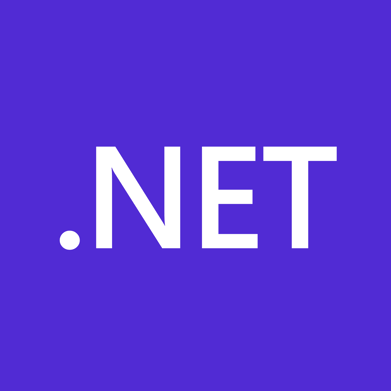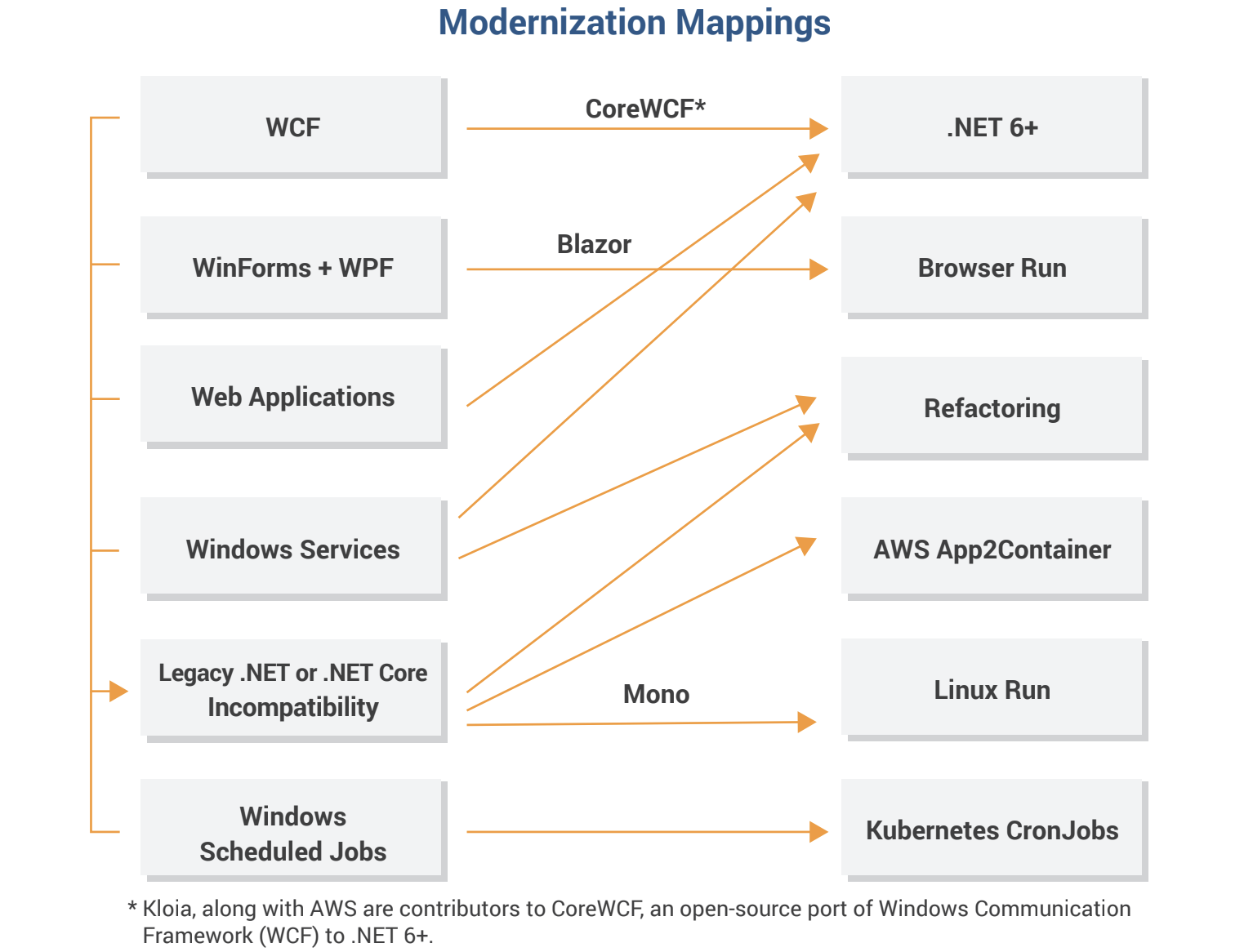×

The .NET programming language is evolving to catch up with the trends. .NET is built on a high-performance runtime that is used in production by many high-scale apps. In addition, support for Linux-based operating systems is allowing .NET to be created and run on Kubernetes. We decouple existing, tightly coupled services into highly distributed microservices. We assess and transition your legacy systems into cloud-native, cost-saving, cross-platform, and high-performance applications.
Many enterprise organizations have .NET Framework legacy applications they need to modernize. The first step towards modernizing these .NET Framework applications is to port to .NET.
However, porting applications to .NET can be a significant manual effort. Application owners need to spend valuable time identifying the dependencies and APIs that are incompatible with .NET and estimating the level of effort involved. To address this concern AWS launched Porting Assistant for .NET. It is an analysis tool that scans .NET Framework applications and generates a .NET compatibility assessment, helping in porting applications to Linux faster.
Porting .NET Framework applications to .NET helps customers take advantage of the performance, cost savings, and robust ecosystem of Linux.
.NET framework has been evolving for many years and each framework version has its own structure. Based on the current framework version, there are several alternate paths as described in the diagram.

Cost Saving: Various options together with Serverless, managed resources, auto-scaling(Even scaling to 0!), zeroing Windows OS and SQL Licenses.
Performance: Moving away from IIS means getting away from various overheads together with .NET’s lightweight and lean architecture which boosts performance.
Cloud-Native: Kubernetes-driven infrastructure, together with Cloud functions which brings self-healing and automation on your development and deployment cycles.
Cross-Platform: Possibility to run your workload on both Windows and Linux and even on Kubernetes!